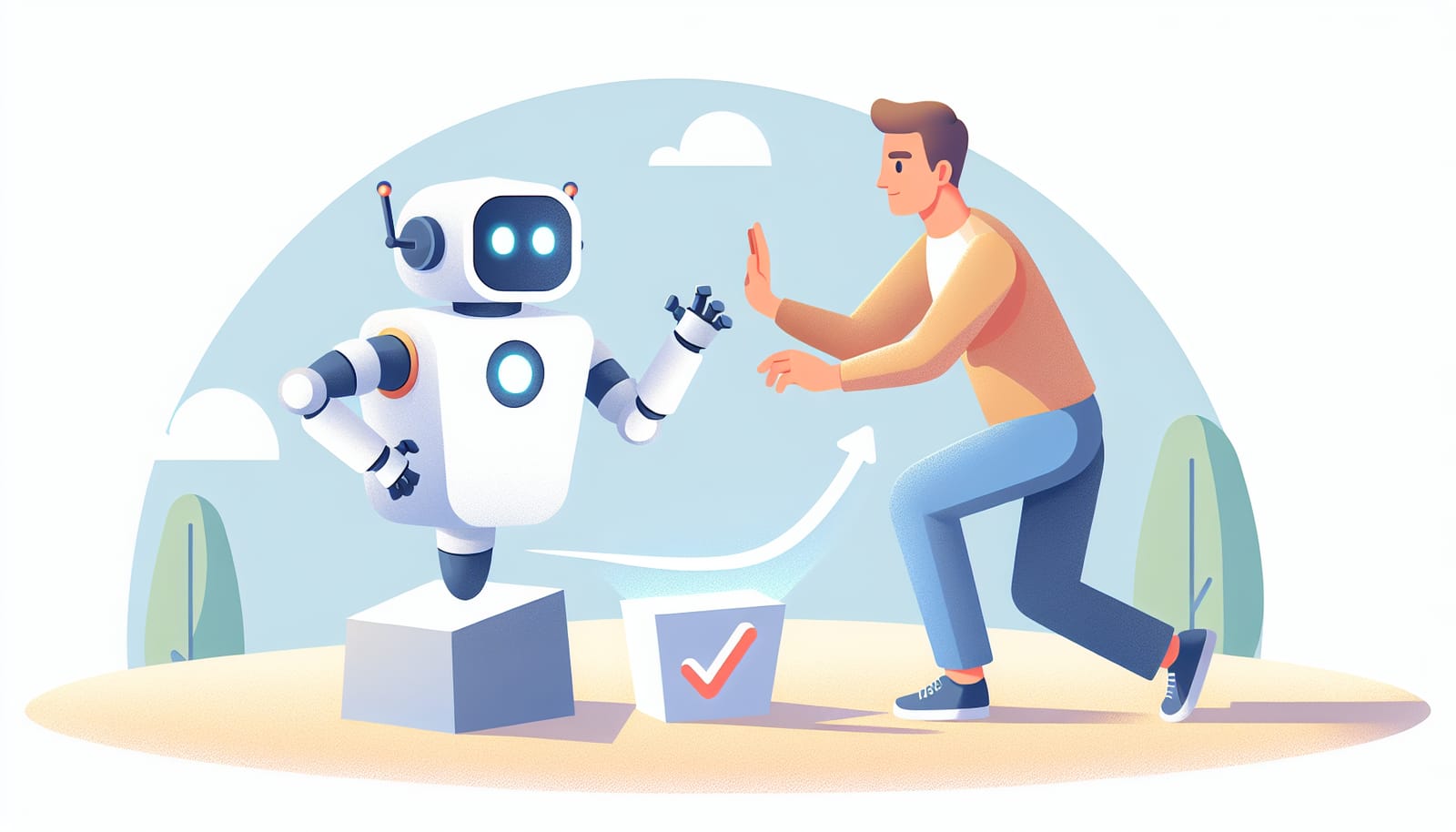Artificial Intelligence (AI) is transforming the way we live, work, and play. From helping doctors diagnose diseases to recommending movies on streaming platforms, the applications of AI are vast and varied. However, one area where AI falls short is humor. You might wonder, “Why can’t AI make me laugh?” In this article, we’ll explore the reasons behind this limitation and delve into the fascinating world of AI’s capabilities and quirks.
Understanding Humor
Before we dive into AI, let’s first understand what humor is. Humor is a complex and multifaceted aspect of human communication. It often relies on context, timing, cultural references, and an understanding of human emotions. What makes one person laugh might not be funny to someone else. For instance, a joke about a popular TV show might leave a child puzzled if they haven’t seen it.
Humor can be verbal (like jokes and puns), physical (like slapstick), or situational (like funny coincidences). It often involves incongruity—where something unexpected happens that catches us off guard and makes us laugh. This complexity is one reason why AI struggles to grasp humor.
The Nature of AI
AI operates on algorithms, which are sets of rules or instructions that it follows to process information. These algorithms are designed to analyze data, learn from patterns, and make decisions based on that information. However, AI lacks the ability to understand context in the same way humans do.
For example, when you tell a joke, you might pause to let the punchline sink in, or you might use your facial expressions and tone of voice to convey humor. AI, on the other hand, processes text or data without the ability to interpret the subtle nuances and emotions that humans naturally pick up on. This is a significant barrier in creating humor.
The Challenge of Context
One of the biggest hurdles for AI in understanding humor is context. A joke might rely heavily on cultural references or current events, which can change quickly. AI systems are trained on data, and if they haven’t been exposed to certain cultural nuances or specific events, they may not understand a joke.
For instance, consider a joke about a popular meme. An AI might analyze the words and structure of the joke but fail to grasp the underlying cultural significance that makes it funny. Without this context, the humor often falls flat.
Emotional Intelligence vs. AI
Humor is often tied to emotional intelligence—the ability to recognize and understand emotions in ourselves and others. Humans use their emotional intelligence to gauge reactions and adjust their behavior accordingly. For instance, if someone tells a joke and nobody laughs, they might change their approach or try a different type of joke.
AI lacks this emotional awareness. It can analyze data and recognize patterns, but it doesn’t have feelings or the ability to experience emotions. This absence of emotional intelligence makes it difficult for AI to deliver humor effectively, as it cannot read the room, so to speak.
The Role of Creativity
Another important aspect of humor is creativity. Great comedians often draw on their unique experiences and observations, weaving them into their routines in surprising and innovative ways. AI can generate content based on patterns in the data it has seen, but it struggles with true creativity.
For example, while an AI might be able to generate a joke based on the structure of existing jokes, it lacks the ability to come up with something new and original that resonates deeply with an audience. The spark of creativity that humans possess is something that AI has yet to replicate.
AI and Humor: The Current State
Despite these limitations, researchers are working on developing AI systems that can better understand humor. Some AI models are being trained on vast datasets that include jokes, memes, and comedic scripts. The goal is to help AI recognize patterns that lead to humor, but this is still a work in progress.
While there are AI chatbots that can tell jokes, they often rely on pre-programmed responses or simple wordplay. These jokes may elicit a chuckle, but they don’t come close to the depth and nuance of human humor.
The Future of AI and Humor
As AI continues to evolve, it is possible that it will become better at understanding humor. Researchers are exploring ways to integrate emotional intelligence into AI, which could help machines grasp the subtleties of humor more effectively. The future might hold AI that can not only tell jokes but also adapt its humor style to suit different audiences.
However, even with advancements, it’s important to remember that AI will likely never fully replicate human humor. Humor is an essential part of what makes us human, reflecting our experiences, emotions, and creativity.
Conclusion: The Joy of Humor
While AI may not have a sense of humor, it plays a crucial role in our lives in many other ways. From helping us find information to enhancing our creative projects, AI is a powerful tool that complements human abilities rather than replaces them.
So, the next time you hear a joke that makes you burst into laughter, remember that it’s a reminder of what makes us uniquely human. AI may assist us, but the joy of humor and the ability to connect through laughter is something that belongs to us alone.
In a world where technology is rapidly advancing, let’s celebrate our human capacity for humor, creativity, and emotional connection. AI may not be able to make us laugh, but it can certainly help us share those laughs with others.


